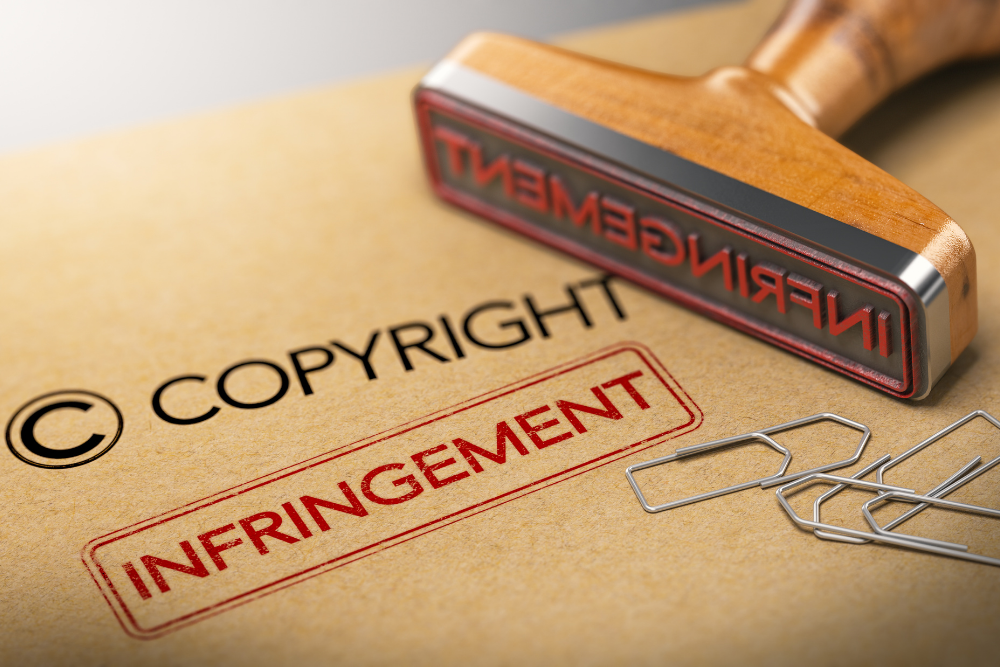Are you the owner of a copyright that has been violated? Are you seeking damages that are less than $30,000? Good news is here!
You may have heard that in December of last year, Congress passed the Copyright Alternative in Small-Claims Enforcement Act of 2019 (CASE Act) as part of their COVID relief bill. The CASE Act allows for the creation of a separate copyright infringement tribunal system for small claims cases.
In other words, rather than forcing all copyright infringement cases to be adjudicated in federal court, those seeking lower damages (up to $15,000 per work and $30,000 per claim) can be decided by the newly created Copyright Claims Board.
The belief is that the ability of this Board to handle smaller claims will expedite those cases and make the whole process more efficient.
How Will the Copyright Claims Board Work?
The newly created Board is made up of a panel of three judges. This panel will be able to engage in a number of typical court proceedings, including hearings, discovery, awarding damages, injunctions and other types of relief.
Just like the federal court, the Board will be required to provide written decisions which must explain how their determination has both a legal and factual basis.
The Scope of the Copyright Claims Board’s Power
Naturally, there are a few caveats to the scope and powers of the Board. Namely, the Copyright Claims Board:
- Will only be allowed to hear Section 512(f) (limitations on liability relating to materials online) and Section 106 (exclusive rights in copyrighted works) claims
- Has to follow the laws of the federal jurisdiction where the case would have been filed if it had gone through the federal system
- Does not have the power to make precedential decisions (even unto itself)
That being said, it is important to understand that the decision of the Board will be considered final, with only a limited review of decisions allowed. Specifically, parties who disagree with the decision must first contact the Register of Copyrights and the Copyright Claims Board itself to ask for review or reconsideration.
Only after these methods are exhausted can they challenge the decision of the board — and even then this must be done within 90 days and is only allowed in very specific, limited situations.
Most copyright infringements cases are of lower value. The new Copyright Claims Board gives artists, photographers and writers an option to engaging in expensive litigation in the US District Courts. Will the new system truly improve upon the old one? Only time will tell, but the simple fact that something new is being attempted to alleviate the stress on the current system is a big step in the right direction.
If you have copyright questions please call the IP team at Marks Gray, PA.
